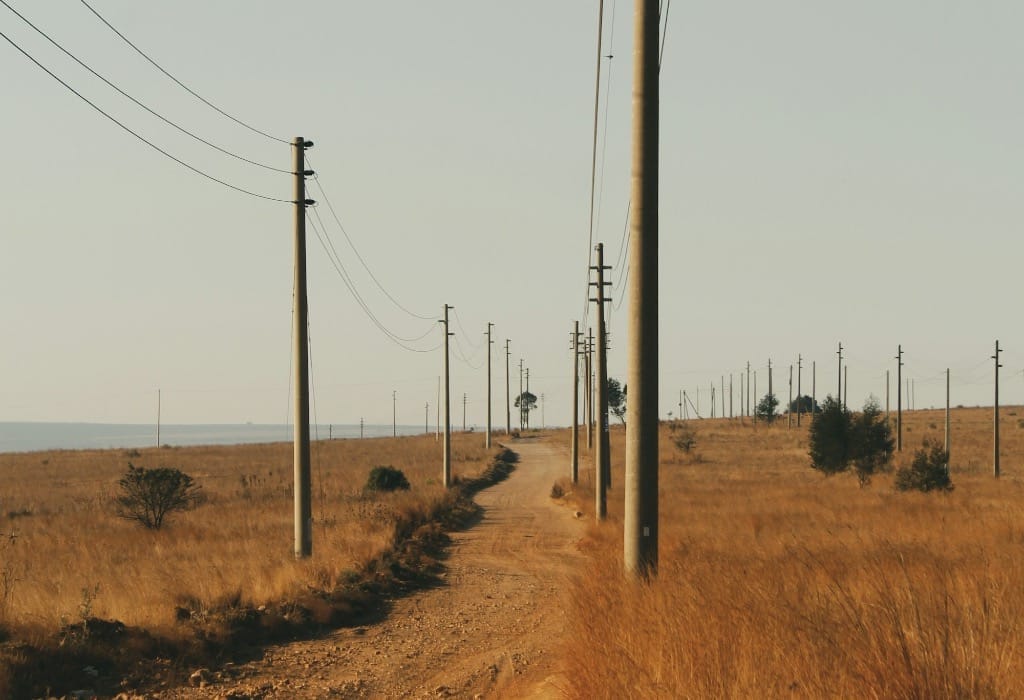FCC Denies Requests for RDOF Amnesty
The agency said its rules are flexible enough to make blanket amnesty unnecessary.
Jake Neenan

WASHINGTON, July 3, 2024 – The Federal Communications Commission announced Wednesday that it will not provide blanket amnesty to providers that default as participants in a major broadband subsidy program.
Some participants in the FCC’s Rural Digital Opportunity Fund program had asked for a window in which they could drop out of the program with lower financial penalties, citing unexpectedly high costs. Consumer advocates also pushed for the move, citing a desire to get uncertain projects off the books before states determine their final eligibility maps for the Commerce Department’s $42.5-billion broadband expansion program, known as BEAD.
The FCC said on Wednesday that those concerns were overblown, saying “there is no demonstrated need for widespread relief from the RDOF and CAF Phase II default penalties.”
“Given the flexibility available under the existing default processes… we decline to provide a blanket amnesty,” the agency said in a decision made by the Wireline Competition Bureau
The agency bureau pointed to instances in which it waived rules to allow participants to hand back partial service areas, waived penalties when other agencies fund deployments in a participant’s service area, and allowed participants to avoid penalties by finding another provider willing to take their place.
The FCC is also taking comment on relaxing some of the program’s financing requirements.
That all showed the RDOF rules were flexible enough on a case-by-case basis that blanket relief wasn’t necessary, the agency argued.
The FCC did urge providers considering default to reach out to FCC staff “as soon as possible,” noting that “earlier defaults can limit the support recovery and penalty costs to the carrier and also ensure that states and territories timely receive the necessary information for their [BEAD] planning."
About a third of the $9.2 billion initially awarded under RDOF has already been defaulted on.
The agency also said it contacted the “small number” of RDOF providers who have an upcoming buildout milestone but have not reported connections to any of their required locations and “is now reviewing those responses for follow up as needed with carriers and state broadband offices.”
Last August, a group of RDOF winners filed an emergency petition with the FCC seeking a brief amnesty period that would allow them to give up RDOF census block groups without facing the full weight of penalties allowed by law.
The Internet Service Providers that sought the amnesty explained that economic conditions had changed to the point where many rural locations they promised to serve became too expensive to justify their investment.
The providers urged FCC cooperation because the RDOF locations that ISPs decided not to serve would be deemed ineligible locations and could not be served by other ISPs that had received funding from other federal broadband deployment programs, such the Broadband Equity, Access, and Deployment (BEAD) Program run by the National Telecommunications and Information Administration.
In February, a coalition of ISPs, trade associations, state and local officials, school districts, unions and civil society organizations sent a letter to the FCC in support of RDOF amnesty with reduced penalties.
“Significantly lowering the penalties for default will incentivize awardees to relinquish their areas sooner rather than later, making the areas eligible for BEAD funding,” the coalition letter said.









Member discussion